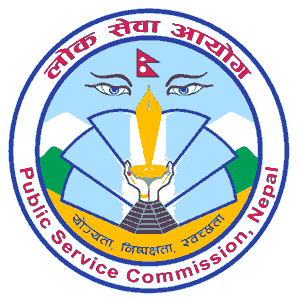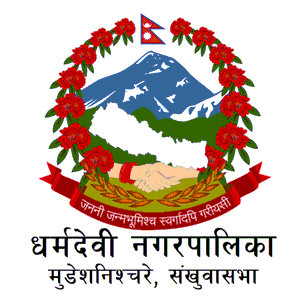Overview
Services and Functions of Rastriya Bhumi Aayog
The Rastriya Bhumi Aayog (National Land Commission) of Nepal plays a crucial role in addressing land-related issues, focusing on the equitable distribution and management of land resources. It aims to ensure access and rights to land for marginalized and landless communities, thereby contributing to social justice, economic development, and environmental sustainability. Here's an overview of its services and functions:
-Notice.png)
Services
- Land Distribution: Providing land to landless Dalits, landless squatters, and managing unsettled residents of national land.
- Documentation: Identification, verification, and documentation of landless individuals and communities.
- Agricultural Support: Offering land for agriculture with ownership to eligible communities to bolster their living standards and productivity.
- Relocation Assistance: Facilitating planned relocation of communities living in hazardous or legally restricted areas.
- Implementation of Land Reform: Implementing necessary action plans, criteria, procedures, and systems to end landlessness and exploitation.
- Legal and Procedural Frameworks: Developing and approving necessary procedures and frameworks for land distribution and management.
- Coordination and Cooperation: Fostering collaboration with local, provincial, and federal governments to efficiently carry out land management tasks.
Functions, Duties, and Powers
- Basis and Criteria Determination: Establishing the basis and criteria for identifying and verifying eligible landless communities.
- Data Collection and Analysis: Conducting data collection, verification, and analysis to classify and manage land distribution.
- Surveying and Mapping: Coordinating with surveying offices for land surveying and mapping tasks.
- Fee Collection: Managing fees related to land distribution as per legal provisions.
- Provincial and Local Coordination: Coordinating with provincial and local governments regarding land distribution and management.
- Decision Making: Making necessary decisions on land distribution through collective housing or land development, particularly in urban areas.
- Legal Documentation: Requesting and handling documents related to land management and conducting or arranging on-site surveys.
- Land Management: Managing land held in excess and executing other tasks prescribed by the Government of Nepal.
Value Recognition
The Commission emphasizes:
- Fairness
- Transparency
- Accountability
- Coordination and Cooperation
- People-oriented, honest, and frugal performance
- Inclusive and participatory democratic practice
- Social Justice and Productivity Enhancement
By fulfilling these functions and adhering to its values, the Rastriya Bhumi Aayog aims to contribute to a food sovereign, egalitarian, advanced, and prosperous Nepal, ensuring that every citizen has access to housing and land.






